In the end, we'll all become stories
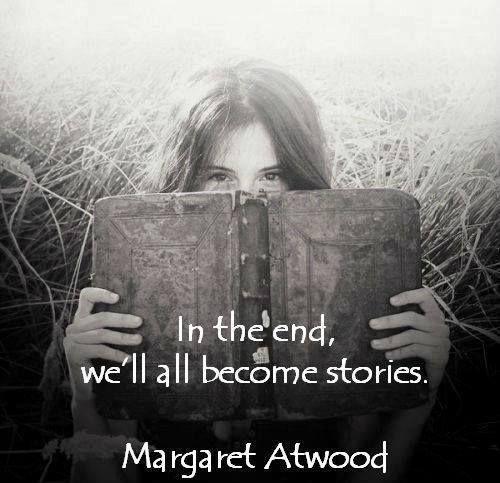
In the end, we'll all become stories
Margaret Atwood, the renowned Canadian author, has a unique way of capturing the essence of human existence in her works. One of her most famous quotes, "In the end, we'll all become stories," encapsulates the idea that our lives are ultimately just narratives that will be passed down through generations.Atwood's novels often explore themes of identity, power, and the human experience. Through her characters and their struggles, she delves into the complexities of life and the ways in which we navigate the world around us. In doing so, she highlights the idea that each person's story is a part of a larger tapestry of human existence.
The quote "In the end, we'll all become stories" suggests that our lives are not just individual experiences, but part of a larger narrative that connects us all. It speaks to the idea that our stories will outlive us, shaping the way future generations perceive and understand the world. In this sense, Atwood's quote serves as a reminder of the importance of storytelling and the ways in which it can shape our understanding of the world.
Furthermore, Atwood's quote can also be interpreted as a reflection on the impermanence of life. No matter how significant or insignificant our lives may seem, we are all destined to become stories that are passed down through time. This idea of impermanence is a recurring theme in Atwood's work, as she often explores the fragility of human existence and the ways in which we grapple with our mortality.
Ultimately, Margaret Atwood's quote "In the end, we'll all become stories" serves as a poignant reminder of the power of storytelling and the ways in which our lives are interconnected with the larger narrative of human existence. Through her work, Atwood challenges us to consider the ways in which we shape our own stories and the impact they have on the world around us.
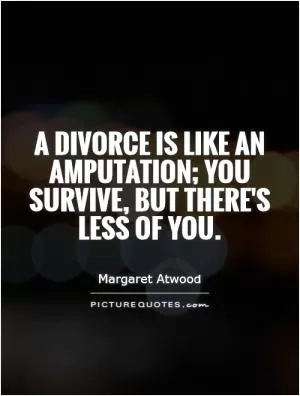
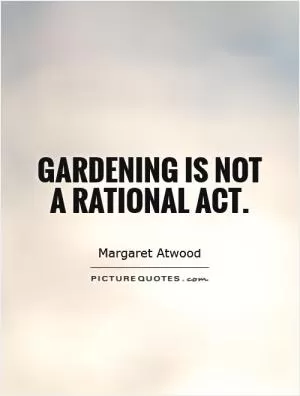
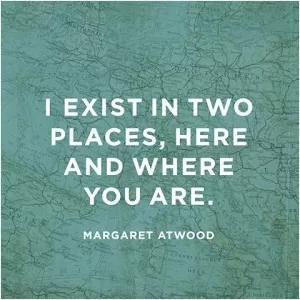

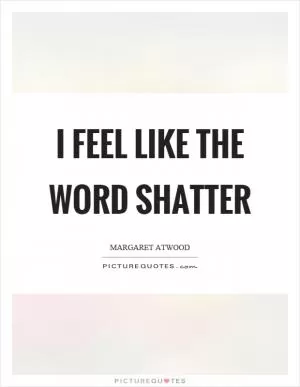
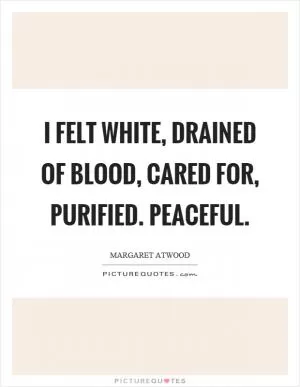
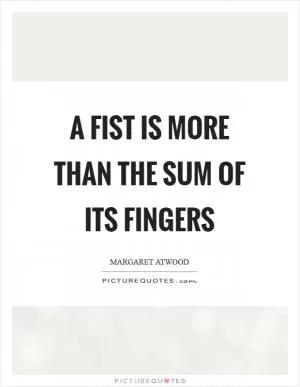
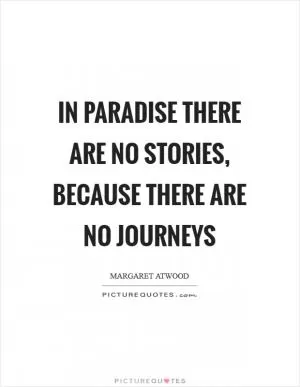
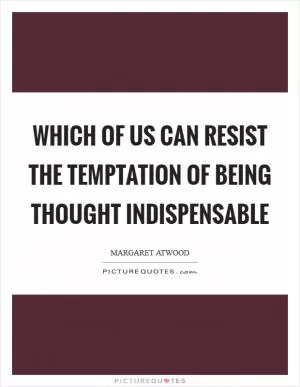
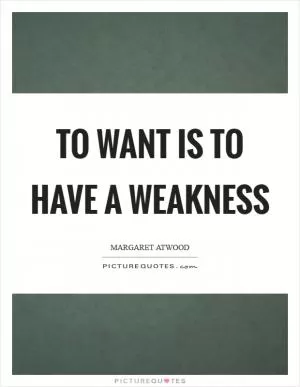
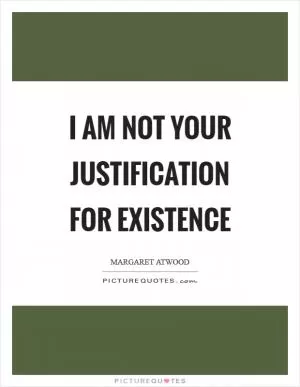
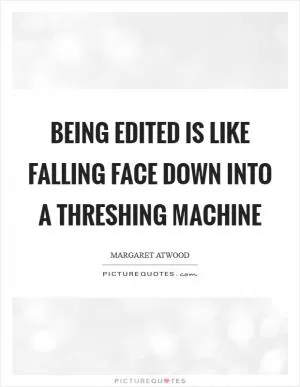
 Friendship Quotes
Friendship Quotes Love Quotes
Love Quotes Life Quotes
Life Quotes Funny Quotes
Funny Quotes Motivational Quotes
Motivational Quotes Inspirational Quotes
Inspirational Quotes